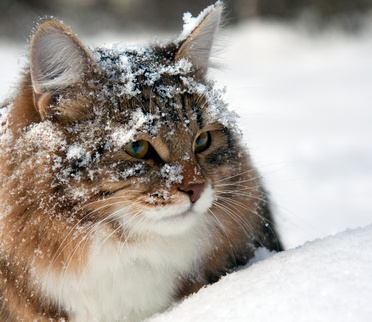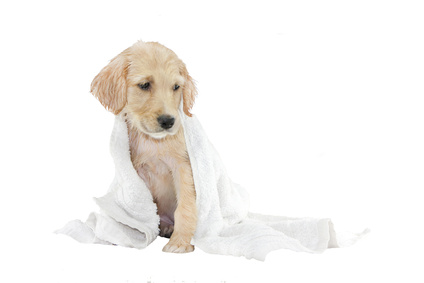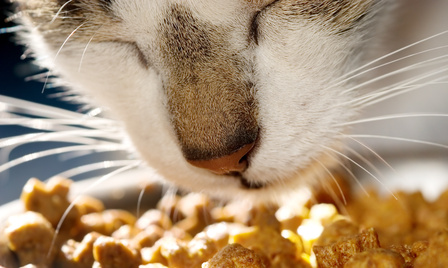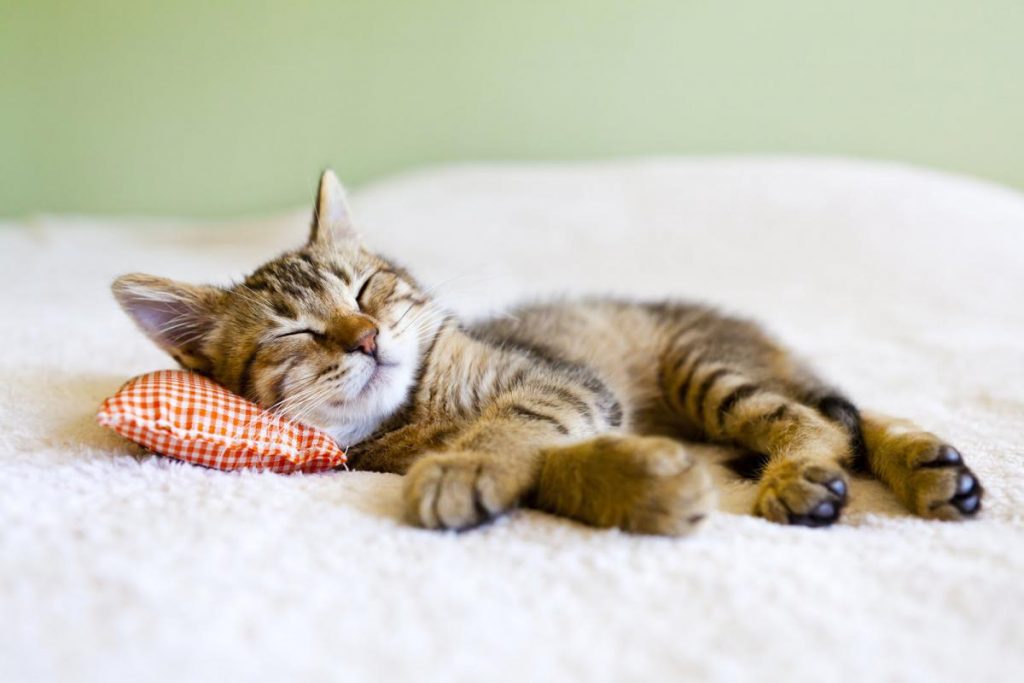Take care of his dog and his cat in winter
 Sheltered from the cold for the faint of heart or the most fragile, outdoors taking some precautions for the most resistant... Here are some tips to help your companions well spend the winter and the cold.
Sheltered from the cold for the faint of heart or the most fragile, outdoors taking some precautions for the most resistant... Here are some tips to help your companions well spend the winter and the cold.
Vaccines, deworming and pest control update
Dogs and cats are like us : uneven face cold. Some are going to face
the winter climatic rigors more easily than others.
Everything depends on, for each animal, his way of life throughout the year, as well as its state of general health and his age.
The cat which is used to remove and can do it freely will continue to come and go as it pleases. For him, no big changes. He will remain at home and to benefit from the warmth of his home when he will feel like and it will be decided.
It should be, on the other hand, think of up-to-date vaccinations if its annual reminders fall at this time (usually your vet will inform you by mail), of the worm and properly treated against ticks and fleas.
Parasites, If they can be less numerous than at certain times (as in the spring and fall), are still present and it is essential to continue to protect your dog or cat.
Parasites : treat the environment
 Fleas tend, during the winter season, had they also enjoy inside
Fleas tend, during the winter season, had they also enjoy inside
of our homes. Hence the importance of fighting against any infestation with also deal with environment in mind (cats and dogs sleeping place, bedding, carpet…).
For this, consult your veterinarian :
There are the pest control specially designed for treating the inside of houses and apartments. These pest control are presented in the form of sprayers or foggers (aerosols which allow to broadcast the insecticide product in the parts to be treated. Their operating mode will be well respected).
The return of the cat that has access to the outside, and regularly also in dogs, a careful inspection will ensure the absence of parasite, but also of infection or injury. Any discrepancies can be reported to the veterinarian.
A proper drying of the legs (with inspection between fingers) and belly is necessary during the days of rain or snow.
A coat for dogs 'fragile '.
The more cosy or even older or convalescing dogs, can be equipped with a coat. There are many commercially. The main thing - without
ridiculing the animal ! -is to choose a size suited to avoid any risk of friction that can cause skin irritations and so the dog is at home.
Dogs living outside will be able to continue to do so as their niche is maintained (cleaning, change of the bedding, etc.) and placed away from the cold wind and air currents.
Adapt feeding dogs and cats
 The food will depend on the type of activity of the dog: is sport or need to provide special efforts (hiking, great walks with his master…) its food ration will be re-evaluated.
The food will depend on the type of activity of the dog: is sport or need to provide special efforts (hiking, great walks with his master…) its food ration will be re-evaluated.
In all cases, dogs living outdoors, It can be recommended to increase the daily ration of the order of 10-15 to 20 % in order to address changed energy needs.
Similarly, an adaptation of the ration (with mainly an increase in the level of proteins) can be operated in the cat (young or older) having access to the outdoors this season (consult your veterinarian)
If this is envisaged, caution do not change the power suddenly, What could cause digestive problems. As to any time of year, any change must be gradual by reducing little by little the old food and in gradually increasing the amount of the new food is incorporated into the ration.
Finally, make sure that you, dogs large size, not too much to feed your dog (neither too do drink) shortly before that there is need to provide significant efforts (long ride, hiking, race…). Large size dogs are indeed prone to a condition called gastric dilatation-twisting. This condition, real emergency vet is favored by stress or administration of a large amount of food just before or after important physical efforts.
The ills of winter : consult without delay
 Attention finally to ills particularly common in dogs and cats in winter: cold, "colds"., gastroenteritis... Any symptoms (cough, shortness of breath, diarrhea, fever…) or your companion behavior change (decrease of appetite, lethargy...), must bring you to consult your veterinarian. The rapid implementation of a treatment and a few days rest and warm to treat these pathologies avoiding any aggravation or superinfection.
Attention finally to ills particularly common in dogs and cats in winter: cold, "colds"., gastroenteritis... Any symptoms (cough, shortness of breath, diarrhea, fever…) or your companion behavior change (decrease of appetite, lethargy...), must bring you to consult your veterinarian. The rapid implementation of a treatment and a few days rest and warm to treat these pathologies avoiding any aggravation or superinfection.
Article provided bySantevet
